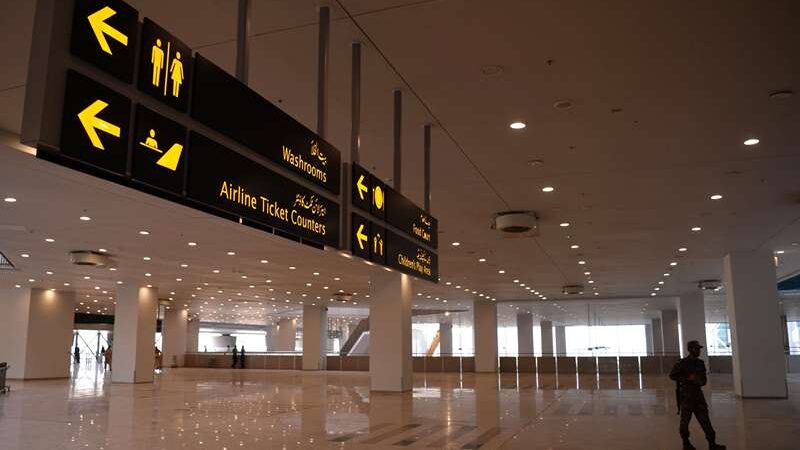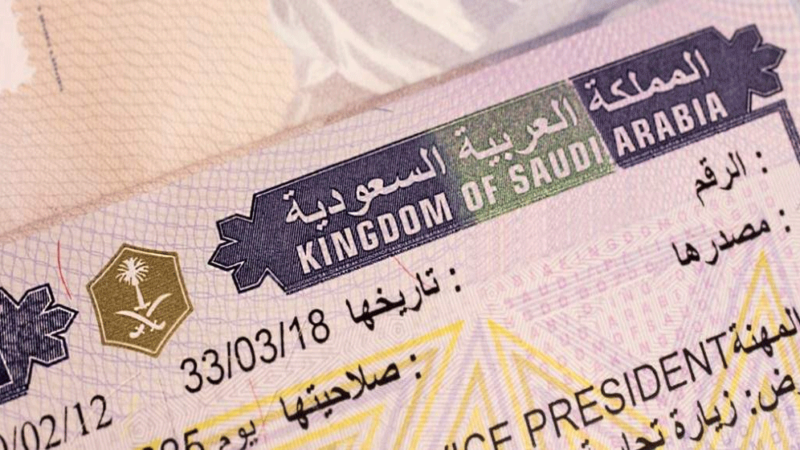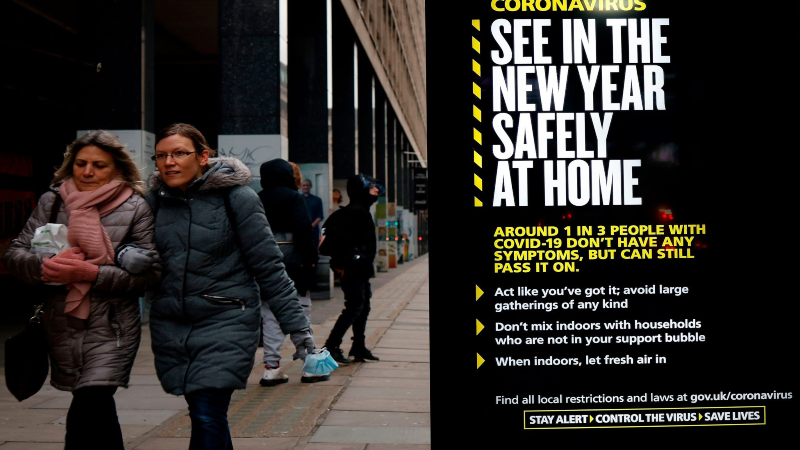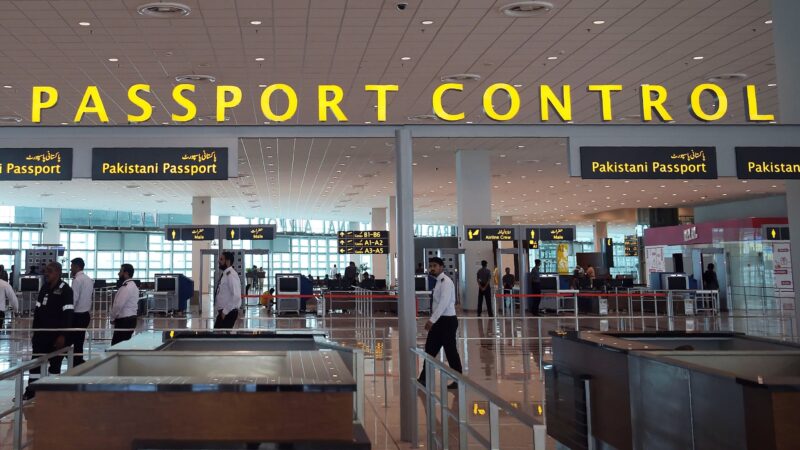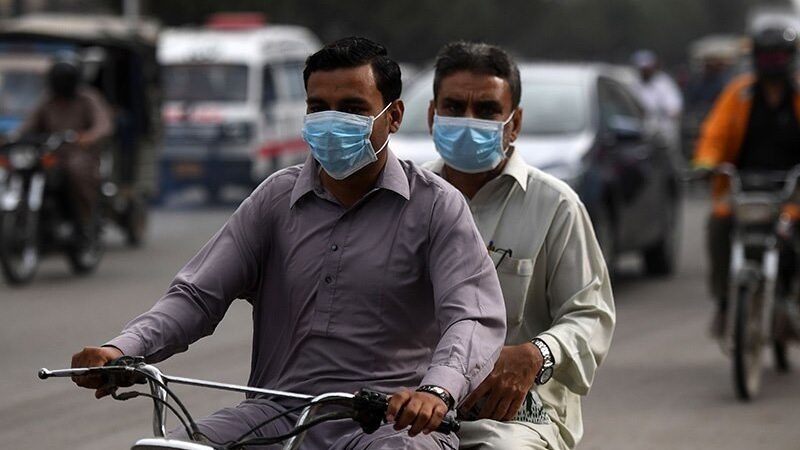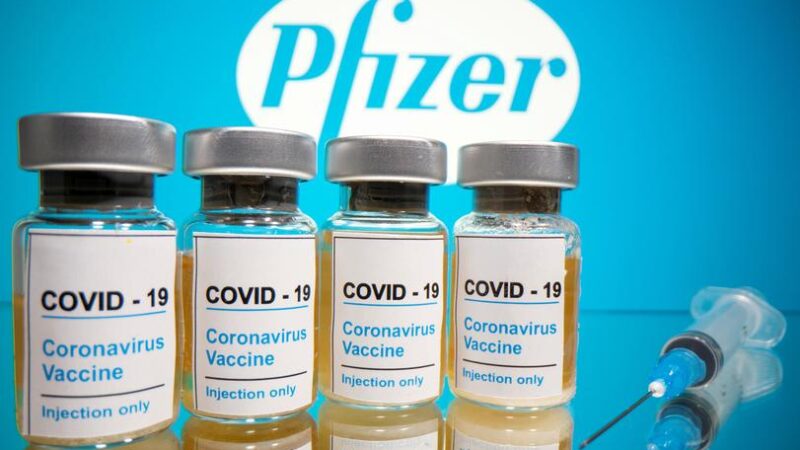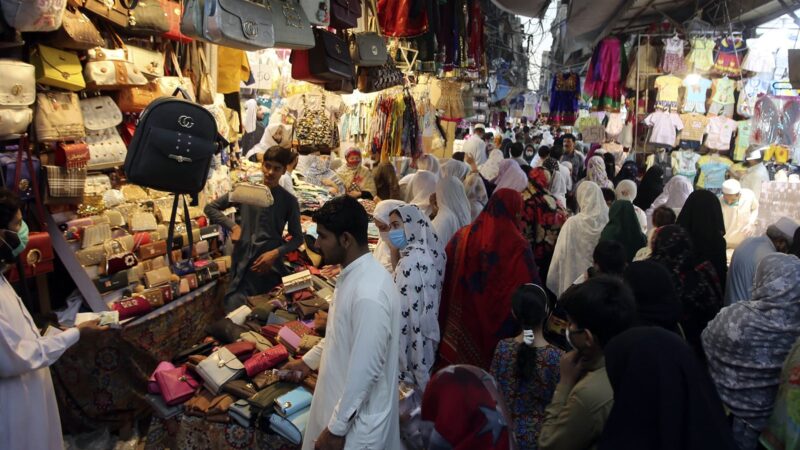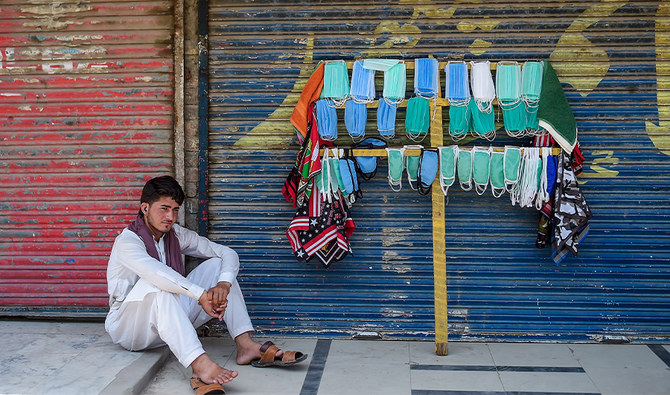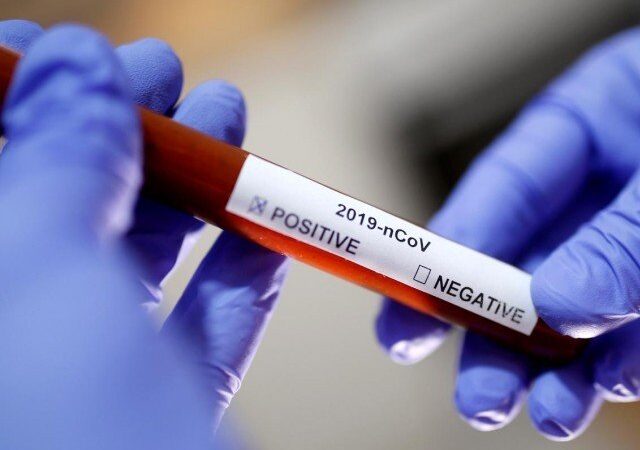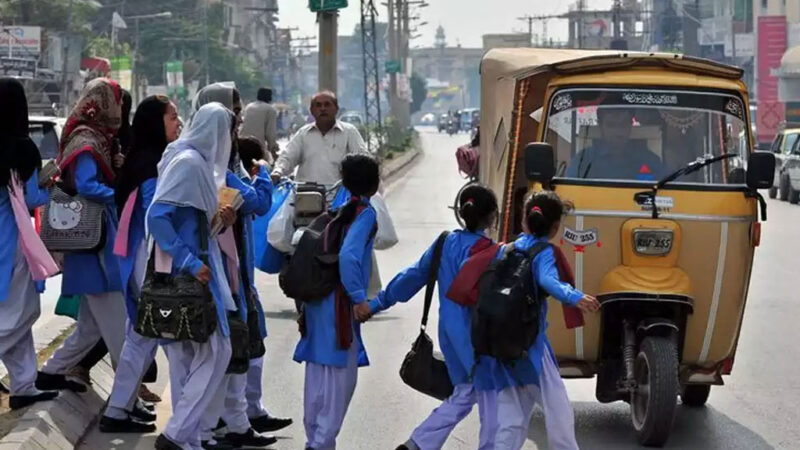Bangladesh, Kenya, Pakistan and the Philippines will be added to Britain’s travel “red list”, from April 9th, British High Commissioner Christian Turner announced on Twitter. People arriving from these countries will be banned unless they are British or Irish nationals. Turner said that direct flights between Pakistan and the UK would continue to operate but schedules could change.
Saudi Arabia on Tuesday suspended entry to the kingdom from 20 countries, including Pakistan. The Arab state made the move to help curb the spread of the coronavirus. Only diplomats, Saudi citizens, medical practitioners and their families will be allowed entry. The “temporary suspension” would be effective from 9:00 pm (1800 GMT) on Wednesday.
The latest disovered variant of the coronavirus does not appear to cause more severe illness than other variants, according to a matched study by Public Health England. Scientists say the new variant can spread more rapidly. According to the study, there was no significant difference in the likelihood of reinfection with the new variant as compared with the other variants.
Pakistan has decided to close its borders to Britain, joining several other countries, over fears of a highly infectious new coronavirus strain. A meeting of the National Command and Operation Centre (NCOC) placed a temporary restriction on inbound travellers from the UK (direct or indirect) to Pakistan that will come into effect on the midnight of December 22 (i.e. 00:00 hours Dec 23) and last until the midnight of Dec 29.
The positivity rate of coronavirus cases in Karachi has exceeded 20% and is the highest in the country, the National Command and Operation Center was told on Thursday. The city is followed by Hyderabad where the positivity rate stands at 18.43%. Khyber Pakhtukhwa’s Abbottabad reported the third-highest rate at 14.53%. Doctors have warned that the second wave of COVID-19 is more dangerous than the first.
The drug maker Pfizer announced that an early analysis of its coronavirus vaccine trial suggested the vaccine was robustly effective in preventing Covid-19. Pfizer, which developed the vaccine with the German drugmaker BioNTech, released only sparse details from its clinical trial, based on the first formal review of the data by an outside panel of experts.
The COVID-19 has again entered dangerous phase in Pakistan, experts have warned, while announcing that the second wave of the deadly virus had started in the country. The National Command and Operation Centre (NCOC), after continuous warnings of rising Covid-19 cases across the country, made it compulsory for all citizens to wear a face mask when stepping out of their homes.
About 60 percent of Pakistanis experienced moderate to high levels of mental health issues while eight in 10 individuals showed some symptoms of mental illness during the coronavirus pandemic, according to a global research firm, IPSOS, which recently carried out a study for an organization affiliated with the Pakistan Mental Health Coalition. The organization says confinement, financial distress and job losses raised stress levels.
Despite carrying out the highest number of tests of Covid-19 in Pakistan in one day, the positivity ratio continued to be stable at below 2 per cent. Out of a total of around 42,299 tests, only 799 came out positive. Significant build-up in Covid-19 testing is being done to carry out sentinel testing at educational institutions in order to identify early trends, if any.
The National Command and Operation Centre (NCOC) on Tuesday allowed schools across the country to resume in-person classes for grades six to eight starting tomorrow (Sept 23). Following the decision, Punjab, Balochistan and Khyber Pakhtunkhwa issued notifications on resumption of middle school classes from tomorrow. However, Sindh Education Minister Saeed Ghani said schools in the province would reopen on Sept 28.

